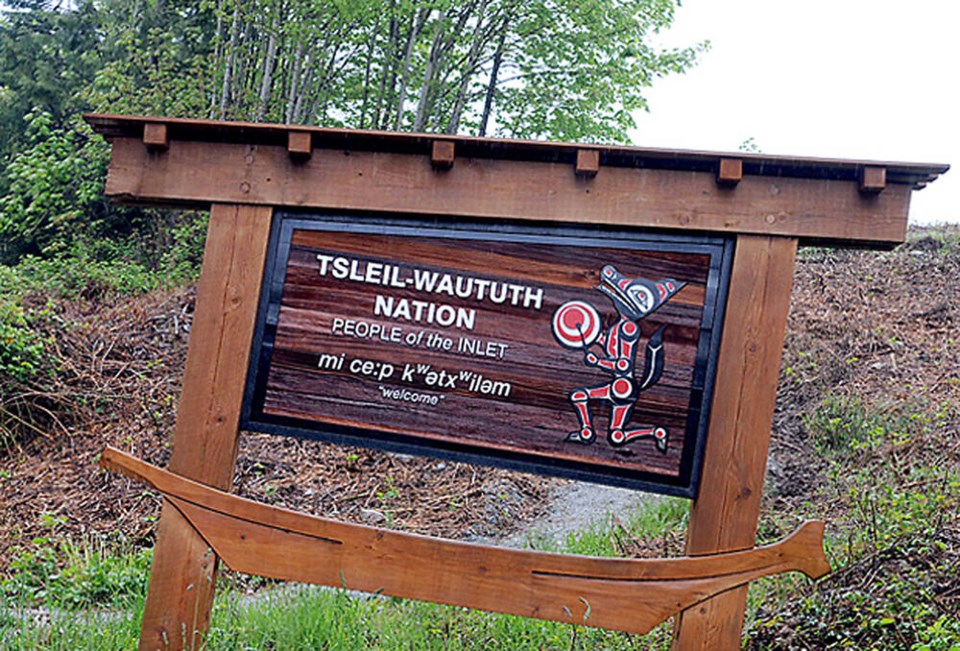The Tsleil-Waututh Nation has taken home an award for their work in providing culturally appropriate end-of-life and palliative care to its community members.
The Nation, in collaboration with the Vancouver Coastal Health, was named winner of the 2023 BC Quality Award in the “Coping with Transition from Life” category.
The Nation had been commended for their Indigenous Palliative Care Projects, a series of programs co-created by the Nation and VCH that identified the gaps and barriers that were preventing the improvement of palliative care services.
In a statement, the Tsleil-Waututh Nation said Two-Eyed Seeing, an approach which sees people come together to view something from both an Indigenous and Western perspective simultaneously, had been the foundation for the projects.
Some of the ways the projects worked to overcome these barriers with Nation members included developing policies and procedures to promote safe discharges of palliative care patients from hospital, alongside defining pathways for members transitioning to hospital for palliative care, while being “medically, culturally, and spiritually supported”, it said.
“We hear the voices of our ancestors and Elders, and are guided by the knowledge keepers to reclaim what is rightfully ours as Tsleil-Waututh people,” said Andrea Aleck, director of the Nation’s health and wellness department. “It is with this spiritual guidance and ancestral presence that we strive to strengthen our partnership, whilst ensuring that our palliative care services are culturally and spiritually informed by our Indigenous ways of knowing and being.”
Tsleil-Waututh Nation and Vancouver Coastal Health had also worked together to create videos of traditional healing songs, within which Elders had shared cultural knowledge about the final journey to “go home.” Brochures outlining the kind of palliative care that reflected Tsleil-Waututh knowledge and culture had also been put together.
“These projects expand the level of culturally appropriate palliative resources that can be offered to patients in different settings, including hospital and hospice,” the statement said. “The Indigenous Palliative Care Projects facilitate ongoing education and knowledge sharing between VCH and different Nation health teams on topics including serious illness conversations, cultural safety, traditional protocols, and palliative care.”
Mina Kerr-Lazenby is the North Shore News’ Indigenous and civic affairs reporter. This reporting beat is made possible by the Local Journalism Initiative.



